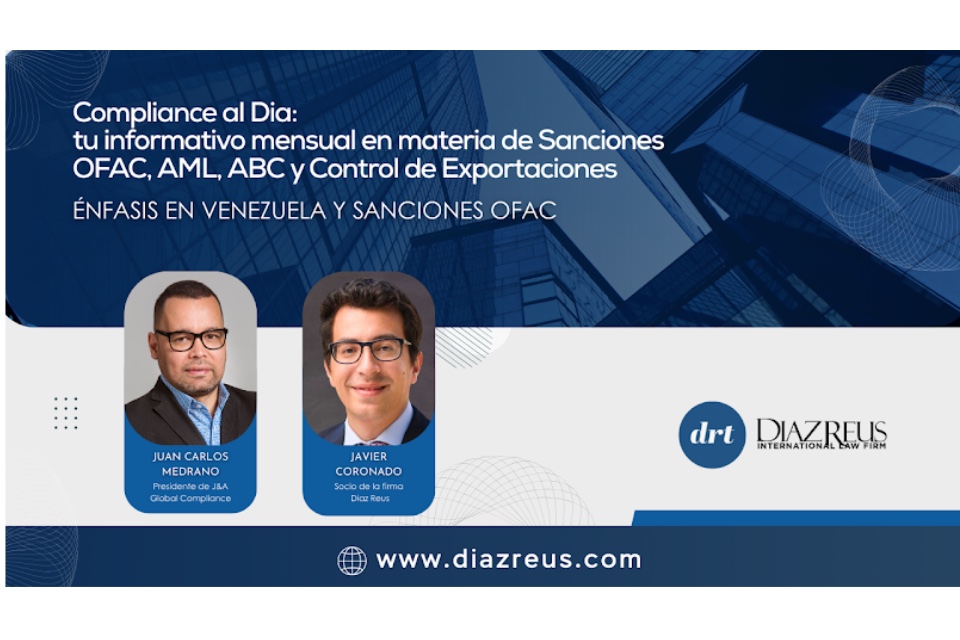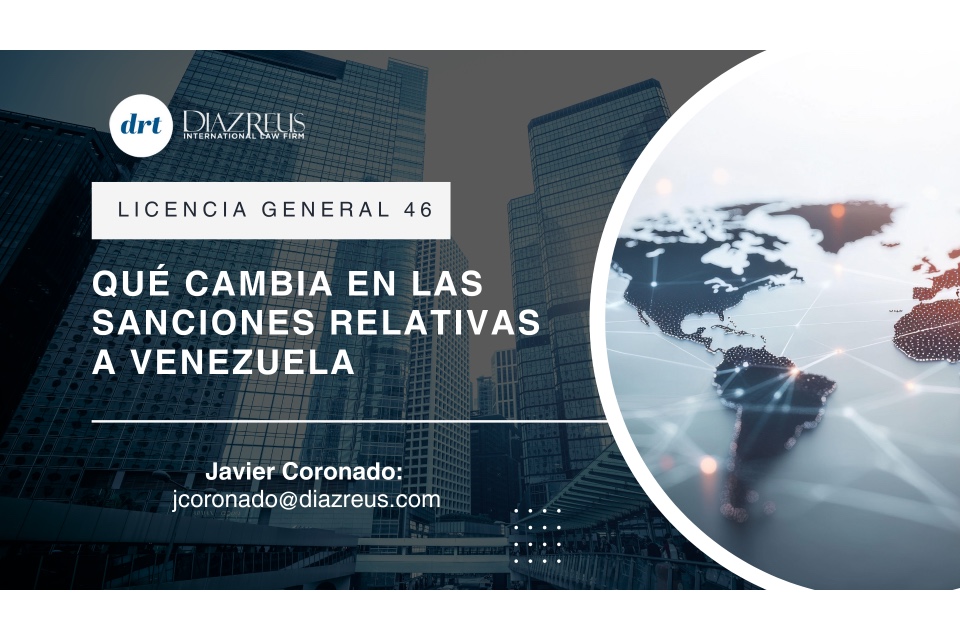By Juan Sebastián Soto L. founding partner, A.D. Sosa & Soto/ Innova IP, member of DRT International Law Firm & Alliance in Guatemala.
Border measures consist of actions aimed at preventing the country from importing goods that can deceive the consumer and, in some cases, even harm their health. The State of Guatemala, like many other States, in strict compliance with its constitutional mandates, must protect its people and for this reason, the subject matter of border measures and the sale of counterfeit goods in their countries must be of particular interest.
An adequate and functional system of border measures is aimed at protecting people’s property, in particular, the intellectual property of people wanting to sell and market their products, free from imitations or counterfeits from other countries that want to take advantage of the prestige and recognition of others. Intellectual property, an extension of one’s proprietary right, allows individuals to own their intellectual creations, expressed in a trademark, invention or any other way in which ideas can be embodied.
In Guatemala, the firm A.D. Sosa & Soto, through its specialized intellectual property unit – INNOVA IP – offers assistance to clients who may be interested in promoting actions to prevent the importation and marketing of counterfeit products into the country, including legal actions that may be initiated to attain the confiscation of goods at borders. Also, as part of this specialization, the firm is actively involved in business chambers and organizations that aim to disseminate information on the importance of understanding why the matter in question is important, and in turn generate proposals to improve the intellectual property protection system, hand in hand with the respective government authorities.
Across the border, a primary function of the State is to ensure that the products that will be placed on the Guatemalan market, for use or consumption, meet the quality, health and marketing requirements, which is achieved, in the great majority of cases, by complying with the originality requirement. Authenticity or originality increases the likelihood of concluding that a given product has followed the control standards for the appropriate production and marketing of the products, in compliance with applicable legal regulations, which consumers acknowledge through the brand itself, which identifies the product. In other words, the consumer, with the mere existence of the trademark, infers that the product has followed all the expected quality or health parameters. In such a competitive and specialized world, it is common to find illegal factories or production centers abroad, highly specialized, that use third-party and recognized brands to deceive the public and cause consumers in our country to buy products with brands they recognize. When this happens, due to the degree of sophistication, the consumer can be easily deceived. In the course of such deception, the consumer’s health may, therefore, be put at risk, if we refer to consumable products or products which, due to deficiencies, can have a harmful effect on people’s integrity, e.g., auto parts. Therefore, and especially in times of COVID-19, should the State take action to prevent the importation of products that may harm consumers? The answer is obvious.














